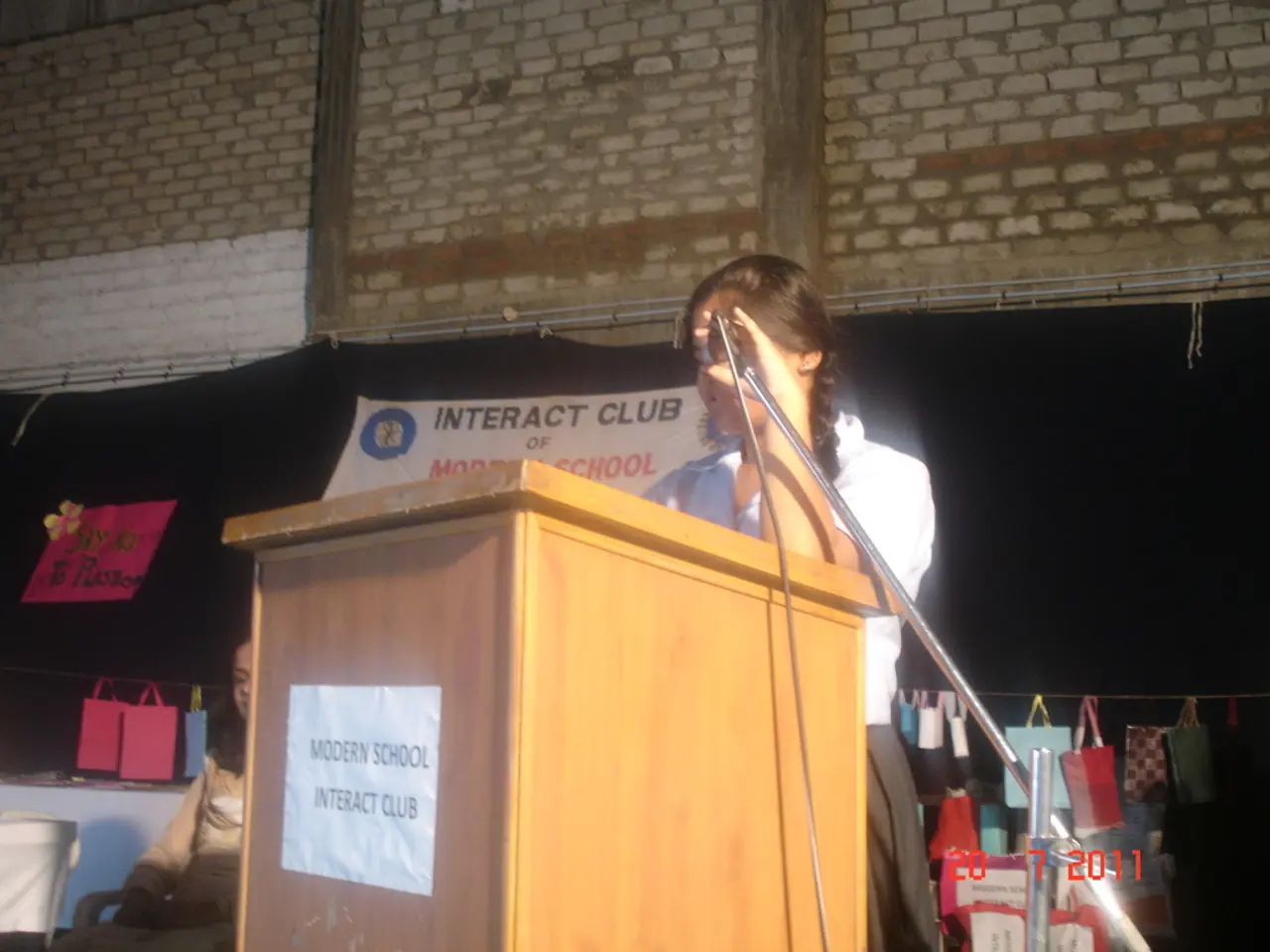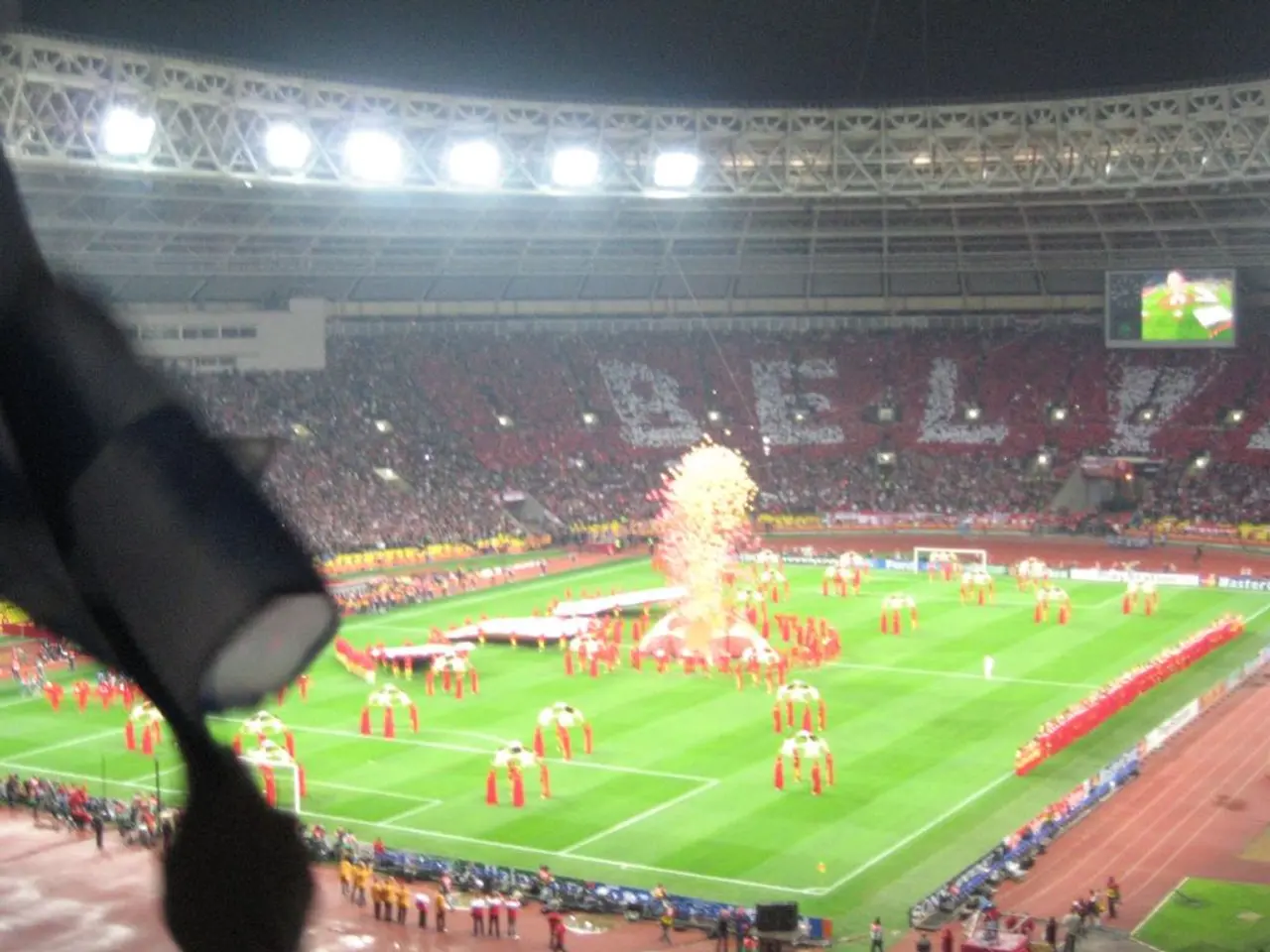Trump rejects the G7's call for de-escalation, issues stark warning to Iran: "Communicate promptly, lest it's beyond recovery"
In a move that has caused immediate tension with fellow world leaders, U.S. President Donald Trump declined to sign the joint G7 statement urging de-escalation between Israel and Iran during the G7 Summit in Kananaskis, Alberta, Canada on June 16, 2025. The statement called for monitoring Iran, urged both Israel and Iran to protect civilians, and reaffirmed commitments to peace.
Trump's decision comes amidst an escalating conflict between Israel and Iran, with threats of retaliation from Iranian officials and defiant responses from Israeli officials. The Israeli Defense Minister has defended the strikes as a "preemptive strike against terrorist propaganda," while the Iranian Foreign Minister has threatened to eliminate those attacking their people "for as long as it takes."
The use of attack and reconnaissance drones by Israel in the conflict has increased due to their expanded aerial reach, according to The Financial Times. This expansion has enabled frequent use of these drones, a significant factor in the conflict's escalation. Notably, Israel has conducted strikes deep inside Iran, including bombing Iran's state radio and television headquarters.
Trump, during his press conference, reaffirmed his administration's firm backing of Israel and stated that the U.S. has provided significant support to Israel. He also described Iran's willingness to negotiate as a sign of weakness and stated that Iran is not winning the current war. Trump declined to elaborate on the possibility of U.S. military intervention.
The early stages of the conflict saw Israeli control limited to a 200-kilometer radius from the Iraqi border, but it now extends deep into Iranian territory. The Iranian Foreign Minister's response to this escalation was defiant, warning that "the war criminals hiding in Tel Aviv's bunkers will pay the price."
Trump's refusal marks a direct rift with the G7's collective diplomatic stance, potentially complicating efforts by the G7 to present a cohesive front on the conflict and to push for de-escalation in the region. As the conflict between Israel and Iran continues to escalate, the international community grapples with the complexities of this volatile situation.
[1] Reuters, "U.S. President Trump Refuses to Sign G7 Statement Urging De-escalation between Israel and Iran," June 16, 2025.
- The international news outlets like Reuters discuss Trump's refusal to sign the joint G7 statement, which suggests that the global political news is rife with controversy, especially regarding war-and-conflicts, and general-news.
- Trump's rhetoric towards Iran, describing their willingness to negotiate as weakness, indicates a focus on politics, while the Iranian Foreign Minister's defiant remarks showcase a strong stance in history and war-and-conflicts.
- The escalating conflict between Israel and Iran, with Israel's increased use of attack and reconnaissance drones for strikes, has moved from a localized problem into the realm of business, as reported by The Financial Times.
- The Entertainment industry may address the Israeli conflict subtly through film, symbolism, or commentary as the ongoing tension becomes a significant subject in the current news, imbuing popular media with a hint of history and politics.








